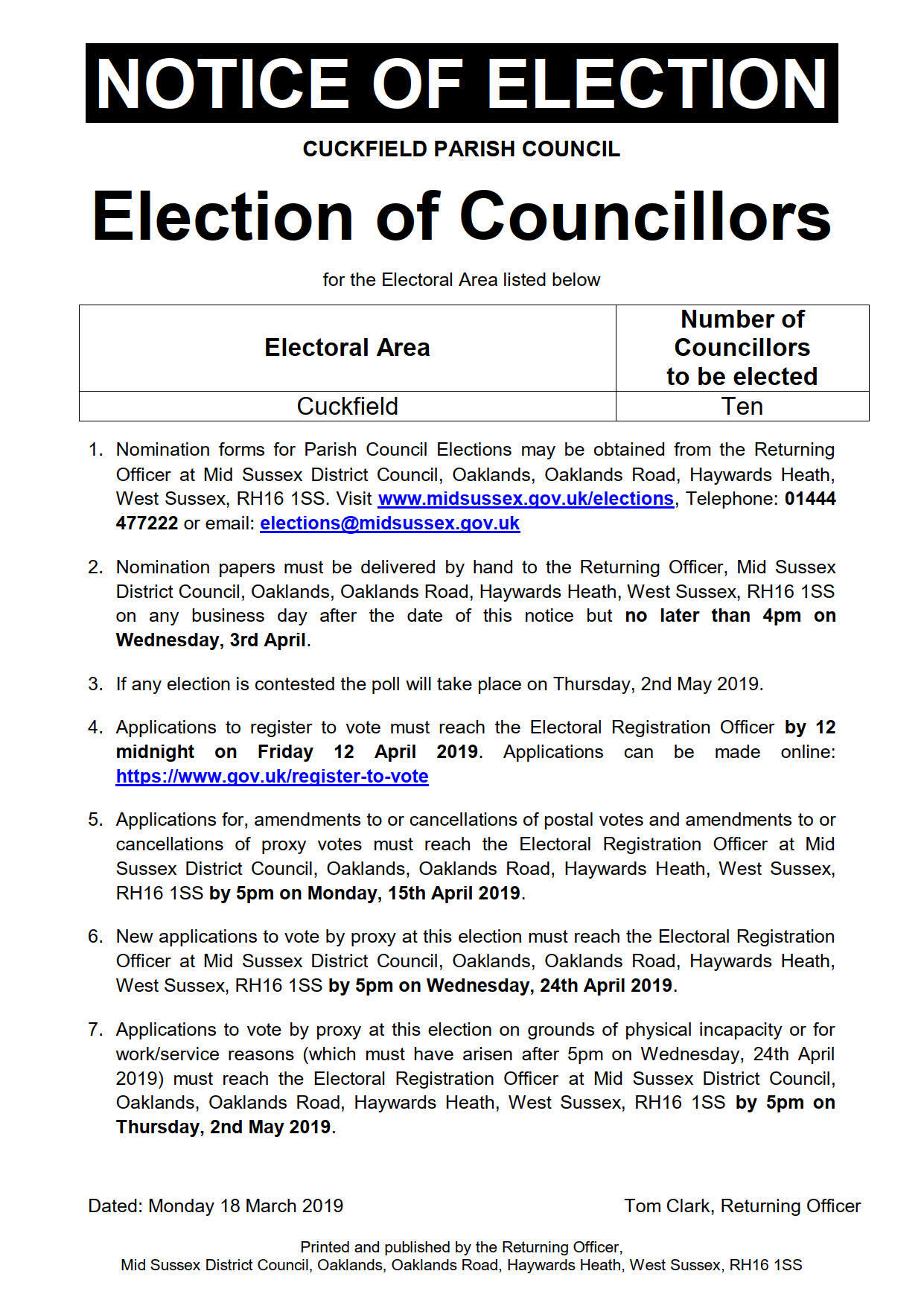The vast majority of jobs are advertised and found online these days.
The whole process is fast and easy: searching a massive choice for the exact job you’re looking for; updating your CV; submitting your application; communicating with prospective employers or recruitment agencies. You might even find the job you want on one of your favourite social media sites.
Employment scams, however, are commonplace in the UK and around the world … and they come in a number of guises. Fall for one, and you could become a victim of financial or identity fraud, or even an unwitting participant in criminal activity. Get Safe Online would like to help you make sure this doesn’t happen, with some expert tips.
Your top tips for safe job searching:
Do your research to ensure job sites, employment agencies and prospective employers are reputable, with a physical address and landline phone number.
• When listing your profile, select the option of keeping it public, confidential or private according to your needs.
• Never divulge information such as NI, passport or driver’s licence numbers, bank account/payment card information or date of birth, either typed on your CV or application, or in photos/scans. This could lead to identity theft. Only supply these when you’ve met the employer, landed the job and are satisfied that everything is legitimate.
• Devise and use strong passwords, keep them protected and don’t use them on more than more than one website, of any kind.
• If you receive an email claiming to be from a potential employer who has seen your CV on a job site, take care when clicking on links and ensure they go to a legitimate job posting.
• Don’t call advertisers for telephone interviews, it could be an expensive premium rate number. Instead, make sure prospective employers call you.
• Be wary of ads that offer income either for very little work or that seems too high to be true, say you don’t need any experience or press you to apply immediately. These could involve you in money laundering or muling activity. Sometimes – but not always – these are work at home schemes.
• Bear in mind that many fraudulent job ads can be found on social media sites.
• Be wary of requests for up-front payment for CV services, DBS or other security checks or headshots.
• Don’t conduct the entire process online: most genuine employers will require a face-to-face interview, and that way you can check them out too.
• Ensure that potential employers are genuine before meeting for an interview, to ensure that your personal safety isn’t at risk.
If you’ve been the victim of a recruitment scam, report it to: SAFERjobs at www.safer-jobs.com
If you’ve been defrauded as a result of applying for a job, report it to Action Fraud at www.actionfraud.police.uk
For comprehensive, practical, impartial advice on safe job searching online, visit https://getsafeonline.org/safejob/
#safejob
To contact Sussex Neighbourhood Watch please E-mail [email protected] or visit www.sussexnwfed.org.uk.









